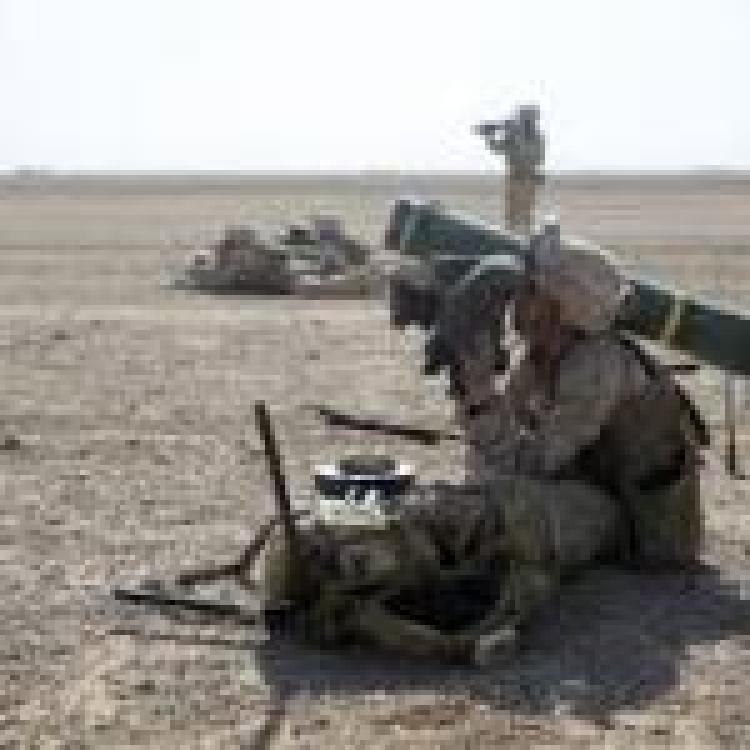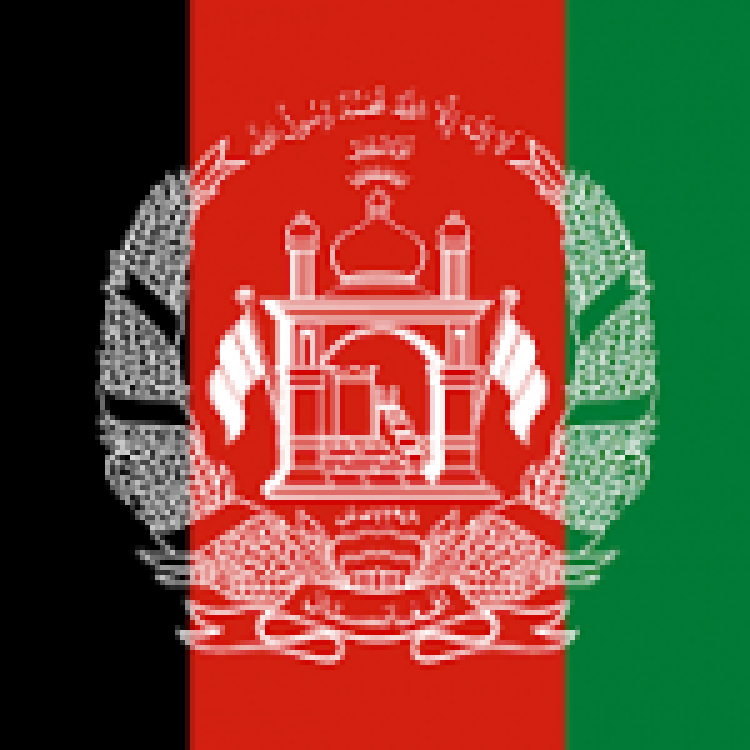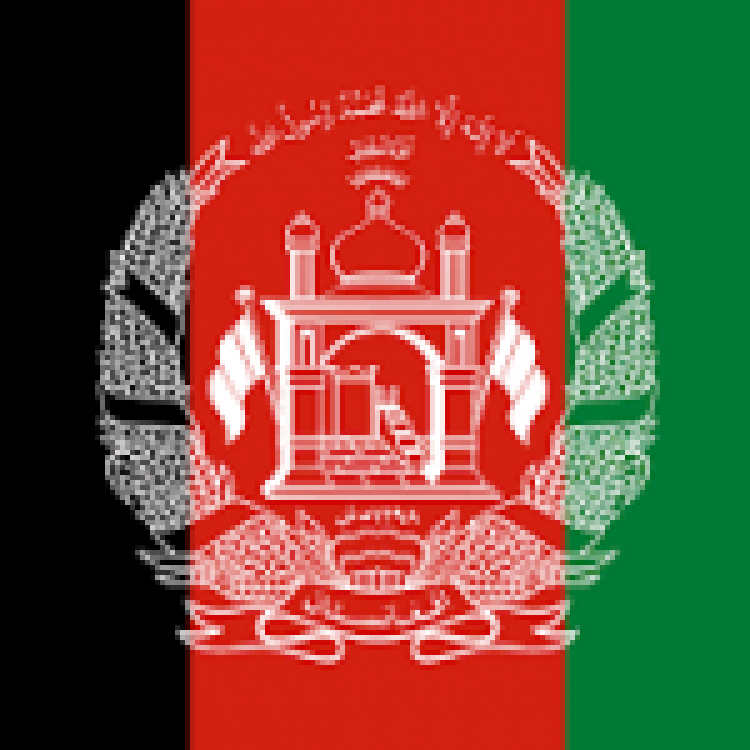US officials signed a historic peace agreement with Taliban representatives yesterday in Qatar, aimed at bringing an end to the conflict in Afghanistan that the US has been fighting since 2001.
The 'Agreement for Bringing Peace to Afghanistan' was signed by US Special Representative for Afghanistan Reconciliation, Zalmay Khalilzad and Taliban's chief negotiator, Mullah Abdul Ghani Baradar.
US Secretary of State Mike Pompeo witnessed the signing and called on the Taliban to "keep your promises to cut ties with al-Qaeda," in a speech he delivered at a news conference. "This is a hopeful moment, but it's only the beginning," he added.
US President Donald Trump applauded Pompeo, Defense Secretary Mark Esper and "the people of the United States for having spent so much in terms of blood, in terms of treasure, and treasury," as he addressed reporters at the White House.
He insisted that the Taliban had been keen on reaching an agreement for a ‘long time’ and that Washington was “working to finally end America’s longest war and bring our troops back home”. "I really believe the Taliban wants to do something to show we're not all wasting time," he added, but also warned that "if bad things happen, we'll go back with a force like no-one's ever seen."
The US and Afghan governments said in a joint statement:
“The coalition will complete the withdrawal of their remaining forces from Afghanistan within 14 months following the announcement of this joint declaration and the US-Taliban agreement ... subject to the Taliban’s fulfilment of its commitments under the US-Taliban agreement.”
Taliban forces ordered all its fighters to halt fighting and "refrain from attacks", earlier on Saturday.
Agreement details
- The US and NATO allies are expected to withdraw all troops from Afghanistan within 14 months and Trump promises that around 5,000 US troops will have left the country by May, this year if ‘conditions’ are met.
- Taliban engages in intra-Afghan negotiations with Afghan sides by March 10, 2020 to ensure a “a permanent and comprehensive ceasefire”
- Taliban guarantees that "Afghan soil will not be used to threaten the security of the US or its allies" including the operation of Al-Qaeda.
Until now, Taliban has declined talks with the Afghan government, insisting they are a ‘puppet regime’. However, the proposed discussions with the Afghan sides is expected to sanction the exchange of 5,000 Taliban prisoners and 1,000 Afghan security force prisoners on the first day of intra-Afghan negotiations.
By May 29, the US is also expected to remove Taliban members from the sanctions list by working together with the UN Security Council.
The conflict has resulted in the fall of 58,000 security personnel and 42,000 opposition combatants since 2001, according to The Watson Institute at Brown University. At least 2,400 US troops have been killed and around 14,000 US troops alongside 17,000 troops from 39 NATO allies and partner countries, are stationed in Afghanistan.
Global response
UK Defence Secretary Ben Wallace, said "I welcome this small but important step towards the chance for Afghans to live in peace, free from terrorism... We remain absolutely committed to building an Afghanistan that is a strong partner for decades to come."
United Nations Secretary-General Antonio Guterres welcomed the agreement. "The Secretary-General stresses the importance of sustaining the nationwide reduction in violence, for the benefit of all Afghans. He encourages continued efforts by all parties to create an enabling environment for the intra-Afghan negotiations and a comprehensive peace process," UN spokesman Stephane Dujarric said in a statement.
“The US-Taliban deal is a major achievement, given how long and fraught the negotiations were. But as tough as it was to get to the finish line, the hardest work is yet to come. An intra-Afghan dialogue will be even more complex and take much more time,” said South Asia political analyst Michael Kugelman.
Read more here.




